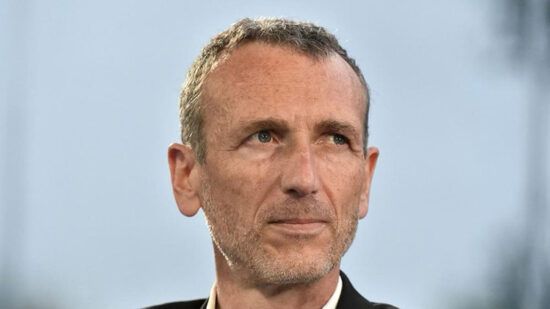The International Sustainability Standards Board (ISSB) is set to begin research projects focused on nature and human capital disclosures, following consultation on its future priorities.
Through this research, the ISSB is hoping to identify the common information investors need to assess whether and how these risks and opportunities could affect a company’s prospects.
As with the approach to the ISSB’s inaugural Standards, the ISSB said it will look at how it might build from relevant pre-existing initiatives. This includes those already under its purview – the Sustainability Accounting Standards Board (SASB) Standards and Climate Disclosure Standards Board guidance – and, additionally, relevant aspects of the work of the Taskforce on Nature-related Financial Disclosures (TNFD).
ISSB chair, Emmanuel Faber, said: “Beyond climate, we are committed to building out the global baseline of sustainability-related financial disclosure to meet the needs of investors. Feedback indicated a significant and growing need among investors for improved disclosures around biodiversity, ecosystems and ecosystem services as well as human capital, as a key source of value for companies.
“Our industry-specific SASB Standards continue to be used as a cost-effective way of providing decision-useful information to investors. We are committed to enhancing the SASB Standards further given they will also support our new research areas. We look forward to sharing our work plan for the next two years in June.”
Disclosure of material information about all sustainability-related risks and opportunities is already required under IFRS S1, with companies asked to refer to sources of guidance – including the SASB Standards – to provide appropriate disclosures beyond climate.
According to the ISSB, the research projects will help it embark on its own standard-setting work in key areas to establish a specific global baseline of sustainability-related financial disclosures. They will assess and define the limitations with current disclosure in these areas, identifying possible solutions and deciding whether standard setting is required.
However, the ISSB has decided not to embark on projects related to risks and opportunities associated with human rights – beyond risks and opportunities relating to a company’s workforce and workers in its value chain – or integration in reporting at this time. However, it has agreed to closely monitor developments in these important areas and may consider including them in a future agenda consultation.
The ISSB went on to state that its priority for the next two years will be supporting the implementation of its inaugural Standards – IFRS S1 and IFRS S2. The two new research projects and work to enhance the SASB Standards will be the ISSB’s other key focus areas.
Welcoming the news, David Craig, co-chair of the TNFD, said that it was “another important step forward to realising both the need for an integrated global baseline for sustainability reporting, and the aspirations of the Global Biodiversity Framework”.
“The science is clear that climate change and nature loss are accelerating and market research is increasingly spotlighting how our dependencies and impacts on nature are creating material financial risks and also opportunities for companies across real economy sectors as well as for financial institutions.
“We have been delighted to have had the ISSB alongside the TNFD as a knowledge partner for the past two years informing our work on a set of market-based recommendations. We are now delighted to be able to support their translation of our recommendations into a set of specific IFRS reporting standards going beyond climate to incorporate the whole natural system upon which business and finance depend.”








